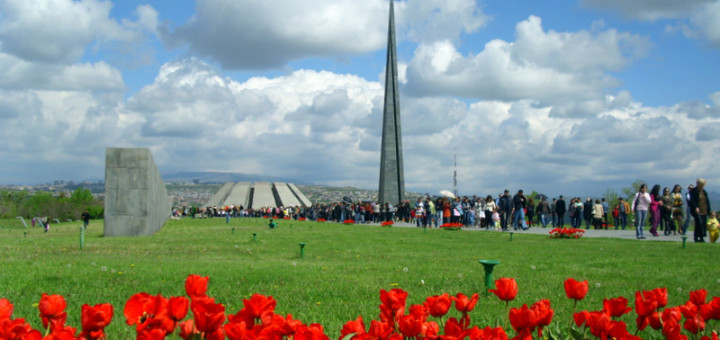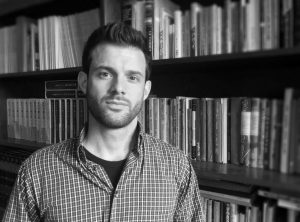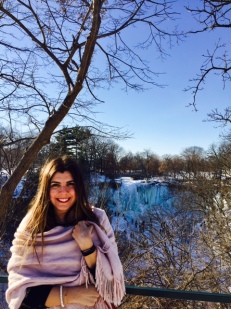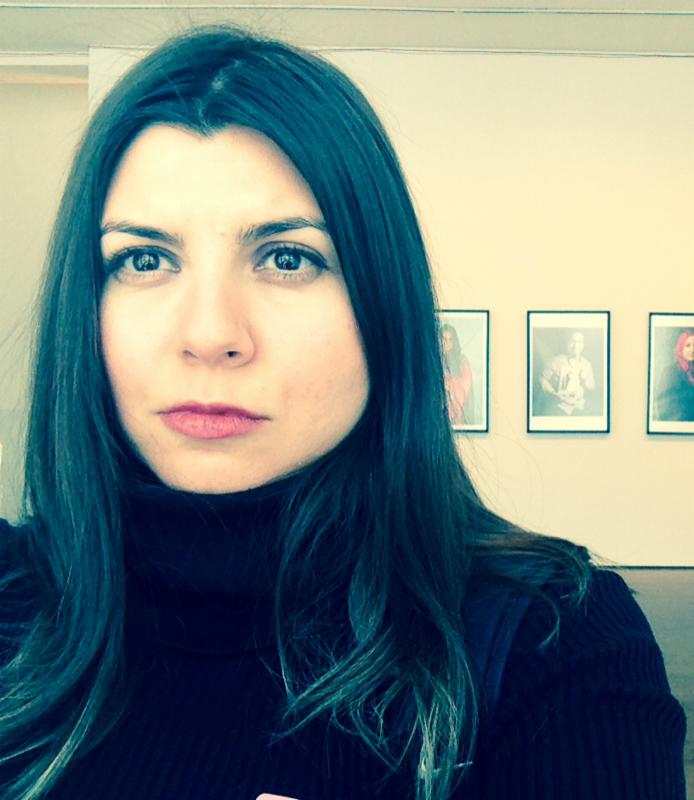As a queer activist and researcher from Turkey, I am interested in understanding how queer lives endure in post-genocidal Turkey. I dwell on the Armenian Genocide and how the denial of the genocidal past is adapted by the sovereign Turkish state as a form of governing strategy (Savelsberg 2021, Suciyan 2017). More specifically, I contemplate how the circulation of denial is also related to the endurance of heteronormativity in which the broader practices of sexual violence, forced religious conversion, and orphanage emerge as critical issues (Ekmekçioǧlu 2015, Maksudyan 2015).
I hope to examine how the dissolution and disruption of Armenian families are linked to the reproduction of normative gender relations and the endurance of violence. By bringing queer and Armenian communities together, I concomitantly examine post-genocide, Armenians, and queer as bounded livelihoods in which the production of gender & sexuality and ethnicity are not necessarily separate categories but vividly intersected.




 Yagmur Karakaya is a PhD student in Sociology at the University of Minnesota. She is interested in collective memory, popular culture and narratives of history. Yagmur is currently working on her dissertation project on Ottomania, which focuses on contemporary interest in the Ottoman past in Turkey. She is interested in how different groups of minorities engage with the ways in which Ottoman past is recalled and how they situate themselves in this narrative. During her Badzin Graduate Fellowship year, she will focus on the commemoration of the Holocaust in Turkey, and the relative silence on the Armenian genocide situating both of these phenomena in the current political interest in the Ottoman past. This project will engage with current debates regarding memorialization and denial in the field of Holocaust and genocide studies within the context of Turkey. She will be focusing on two major non-Muslim minorities in Turkey: the Jewish and Armenian population, conducting interviews with the members.
Yagmur Karakaya is a PhD student in Sociology at the University of Minnesota. She is interested in collective memory, popular culture and narratives of history. Yagmur is currently working on her dissertation project on Ottomania, which focuses on contemporary interest in the Ottoman past in Turkey. She is interested in how different groups of minorities engage with the ways in which Ottoman past is recalled and how they situate themselves in this narrative. During her Badzin Graduate Fellowship year, she will focus on the commemoration of the Holocaust in Turkey, and the relative silence on the Armenian genocide situating both of these phenomena in the current political interest in the Ottoman past. This project will engage with current debates regarding memorialization and denial in the field of Holocaust and genocide studies within the context of Turkey. She will be focusing on two major non-Muslim minorities in Turkey: the Jewish and Armenian population, conducting interviews with the members.